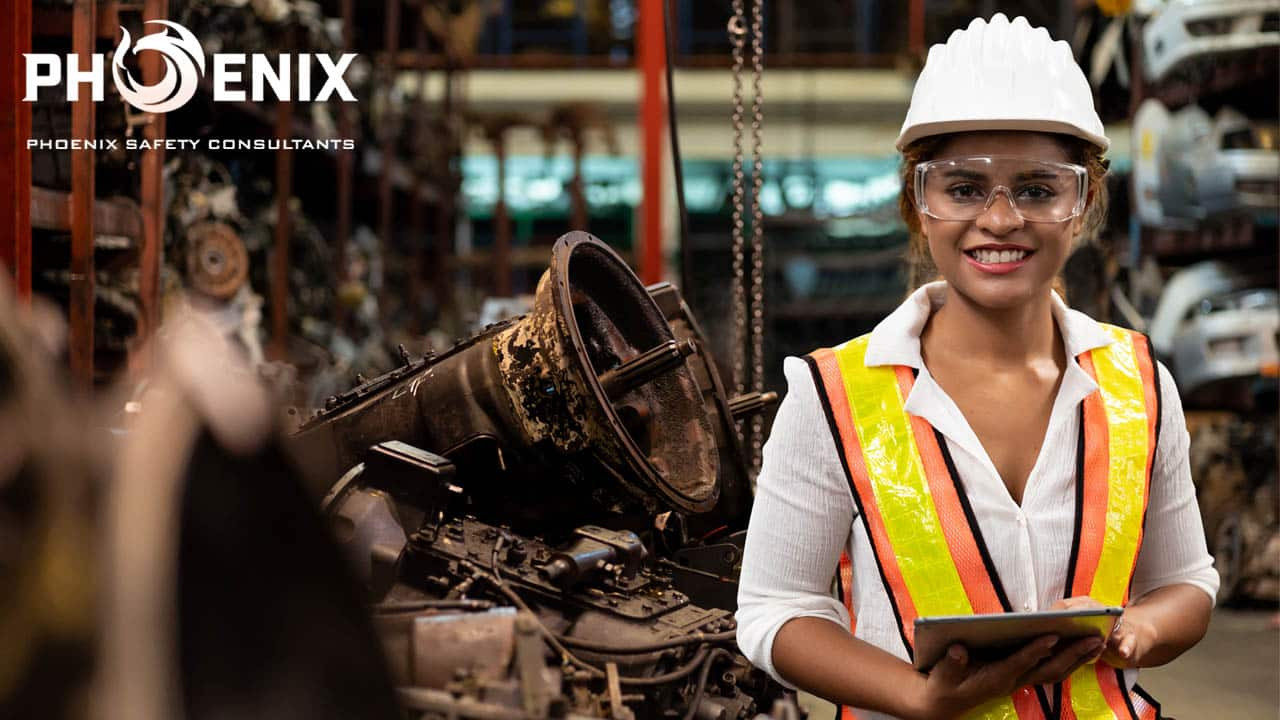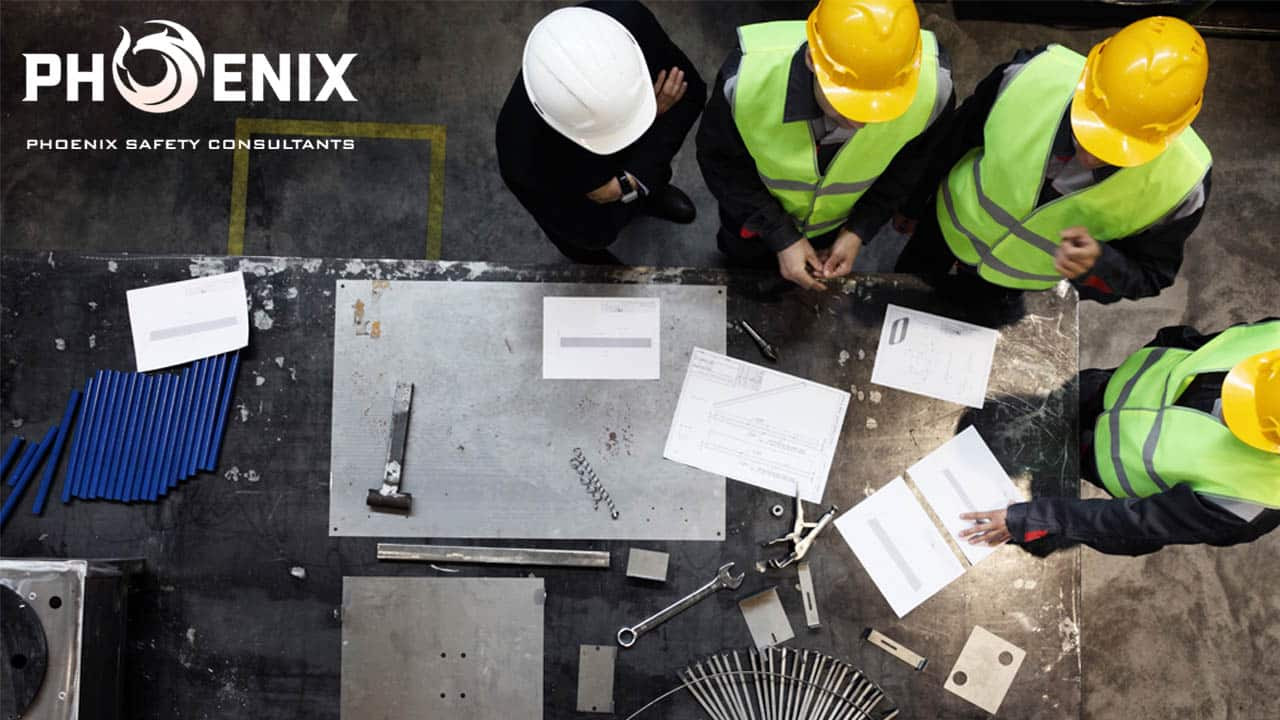Protecting
our planet is everyone’s responsibility, and one way to do so is by
implementing proper waste management practices. With the world’s population
growing rapidly, the amount of waste generated is also increasing at an
alarming rate. However, if waste is not properly managed, it can have
devastating consequences on the environment. In this blog, we will explore why
proper waste management is crucial for environmental sustainability.
Reducing Environmental Pollution
One
of the most significant impacts of improper waste management is environmental
pollution. When waste is not disposed of properly, it can result in air, soil,
and water pollution. For example, when waste is burned, it releases harmful
pollutants into the air, which can contribute to respiratory illnesses and
climate change. When waste is disposed of in landfills, it can contaminate the
soil and groundwater, which can have severe consequences on the health of
humans, animals, and plants.
Proper
waste management practices, such as recycling, can help reduce environmental
pollution. When waste is recycled, it is converted into new products, reducing
the need for new materials to be extracted from the environment. Recycling also
reduces energy consumption and greenhouse gas emissions, which can help
mitigate climate change.
Conservation of Natural Resources
Proper
waste management practices can also help conserve natural resources. When waste
is recycled, it reduces the need for new materials to be extracted from the
environment, such as trees for paper products or oil for plastic. Recycling
also reduces energy consumption, which in turn, reduces the amount of carbon
dioxide released into the atmosphere. Therefore, by implementing proper waste
management practices, we can help preserve natural resources and mitigate
climate change.
Economic Benefits
In
addition to environmental benefits, proper waste management practices can also
have economic benefits. Recycling programs create jobs and stimulate local
economies. In addition, recycling and other waste reduction strategies can help
reduce the cost of waste disposal, saving money for both households and
businesses.
Improving Public Health
Improper
waste management practices can also have severe implications for public health.
Waste that is not properly disposed of can attract disease-carrying insects and
rodents, which can lead to the spread of illnesses. Proper waste management,
including recycling and composting, can help reduce the amount of waste that
ends up in landfills, which can mitigate these health risks.
Addressing Climate Change
Proper
waste management practices can also play a significant role in addressing
climate change. Landfills are a significant source of methane emissions, a
potent greenhouse gas that contributes to global warming. By reducing the
amount of waste that ends up in landfills through recycling and other waste
reduction strategies, we can help mitigate the impact of climate change.
In
conclusion, proper waste management is essential for environmental
sustainability. By reducing pollution, conserving natural resources, providing
economic benefits, improving public health, and addressing climate change,
proper waste management can have a positive impact on the environment and the
world we live in. It is the responsibility of individuals, communities, and
governments to prioritize waste management as an integral part of their
environmental sustainability efforts.
Therefore,
as responsible citizens, we must do our part by implementing proper waste
management practices such as reducing waste, reusing items, and recycling. By
working together and taking small steps, we can make a significant impact in
preserving our planet for future generations.
Here
are some practical steps individuals and businesses can take to ensure proper
waste management:
Reduce, Reuse, Recycle
Reduce
the amount of waste generated by avoiding unnecessary purchases and reusing
items whenever possible. For example, bring your own reusable bags when
shopping, use refillable water bottles, and donate unwanted clothes and items
instead of throwing them away. Recycle materials such as paper, plastic, glass,
and metal to minimize the amount of waste that ends up in landfills.
Compost
Composting
is an effective way to reduce the amount of organic waste that ends up in
landfills. Food scraps, yard waste, and other organic materials can be
composted and turned into nutrient-rich soil for plants. Composting also
reduces the amount of methane released into the atmosphere by landfills.
Proper Disposal
When
disposing of waste, it is essential to do so properly. Hazardous waste, such as
batteries, electronics, and chemicals, should be disposed of at designated
facilities. Household waste, such as food scraps and non-recyclable materials,
should be disposed of in appropriate trash bins.
Educate and Raise Awareness
Educating
others about proper waste management practices is crucial to creating a
sustainable future. Share information about recycling, composting, and reducing
waste with friends, family, and community members. Encourage local businesses
and governments to implement recycling programs and other waste reduction
strategies.
Conclusion
Proper
waste management is essential for environmental sustainability. By reducing
pollution, conserving natural resources, providing economic benefits, improving
public health, and addressing climate change, proper waste management can have
a positive impact on the environment and the world we live in. It is the
responsibility of individuals, businesses, and governments to prioritize waste
management as an integral part of their environmental sustainability efforts.
By
implementing small changes in our daily lives, such as reducing waste and
recycling, we can make a significant impact in preserving our planet for future
generations. Educating ourselves and others about proper waste management
practices is crucial in creating a sustainable future. Together, we can work
towards a cleaner, healthier, and more sustainable world.











0 comments
No Comments